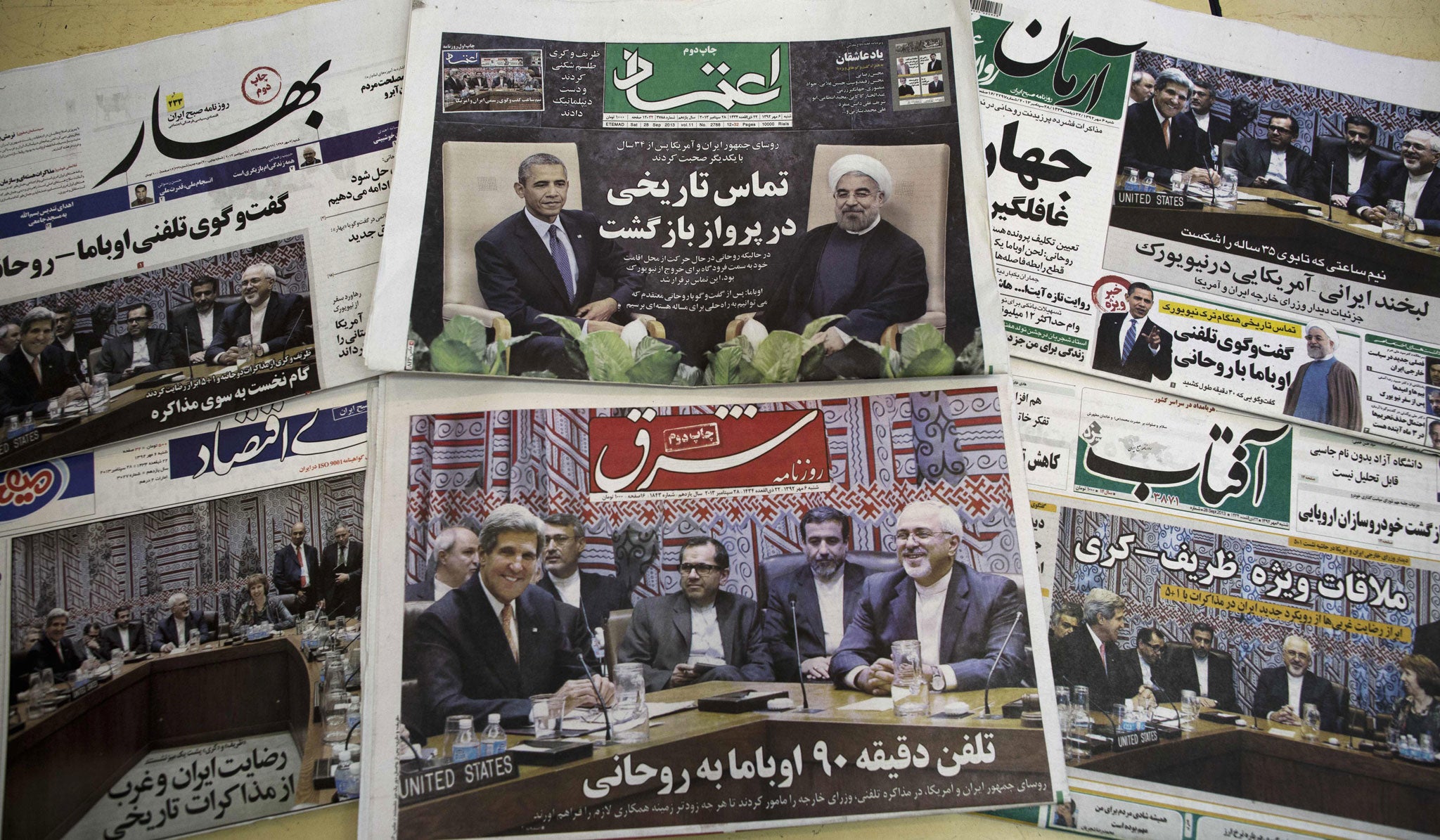The jailing of the Kordpour brothers shows that Iran's campaign against journalists is still going strong
According to the Committee for the Protection, Iran is the second worst jailer of reporters

Your support helps us to tell the story
From reproductive rights to climate change to Big Tech, The Independent is on the ground when the story is developing. Whether it's investigating the financials of Elon Musk's pro-Trump PAC or producing our latest documentary, 'The A Word', which shines a light on the American women fighting for reproductive rights, we know how important it is to parse out the facts from the messaging.
At such a critical moment in US history, we need reporters on the ground. Your donation allows us to keep sending journalists to speak to both sides of the story.
The Independent is trusted by Americans across the entire political spectrum. And unlike many other quality news outlets, we choose not to lock Americans out of our reporting and analysis with paywalls. We believe quality journalism should be available to everyone, paid for by those who can afford it.
Your support makes all the difference.It’s been over 100 days into Rouhadi’s Presidency in Iran, and two more Kurdish-Iranian journalists have been arrested and detained. Forty year old Khosro Kordpour was sentence to six years and his younger brother Masoud Kordpour to three and a half years. Khosro is facing the additional special charge of “enmity against God” and “corruption on earth” – both of which hold the death penalty.
Khosro Kordpour, Kurdish-Iranian journalist and director of Mokerian News Agency, was first arrested without charge in March by security officials in Iran’s Kurdistan Province in the northwest of the country. The security officials confiscated his computer, some of his personal belongings and imprisoned him. Two days later, they arrested his brother, also a journalist, Masoud Kordpour. The brothers were taken to the Revolutionary Guards Detention Centre in Orumiyeh, where they were held for one month in solitary confinement, without access to family visits or their lawyers. Khosro began a hunger strike two months later in protest. In June, he was finally was transferred out of solitary confinement and officials allowed him to at last see his family.
Amnesty International Iran researcher Drewery Dyke said, “The authorities have cited vaguely-worded offences but in reality Khosro and Masoud seem to have been jailed just for their work as journalists, a disgraceful but not especially rare state of affairs on Iran. We’re calling for them to be released immediately if they were indeed jailed merely for what they wrote or said.”
Instead of being released, both brothers were transferred to Mahabad Central Prison in June, where charges were announced for first time. The charges included, “gathering and colluding against national security”, “insulting the supreme leader”, “spreading propaganda against the system” and “spreading lies in order to disturb the public opinion”.
It was believed that as soon as elections took place on 14 June, the relentless arrests of journalists would cease and the brothers set free if the new candidate, Hassan Rouhani, was elected. Rouhani repeatedly assured voters that “all the political prisoners should be released.” He also said on several occasions that he wanted a change “in favour of free speech and media freedom.” Such promises encouraged progressively-minded Iranians to give him their vote and make him the Islamic Republic’s seventh president. It worked. On August 3, Rouhani took Office.
A spike in journalist arrests had already commenced in Iran in the run up to the election. The Intelligence Ministry claimed that it had uncovered an anti-regime media network with numerous links outside the country. At the time, analysts believed that this was a move by the establishment to prevent any form of mass protest from gaining momentum in the lead up to the presidential elections in June. Kasra Naji of the BBC Persian Service said, “It’s a way of warning other journalists in Iran to watch the red line of the authorities.” Foreign journalists were strongly targeted, with 14 arrested in as little as three days.
Journalists who express views contrary to those of the authorities have long been persecuted in Iran. The recent intensification of those efforts have seen dozens summoned and questioned by the Intelligence Ministry and Revolutionary Guards. Speaking on condition of anonymity, one journalist said he was told: “Don’t believe in any revolution. It was an election controlled by the regime. You voted and now it is over. You are still under surveillance and control. No critical articles, not even ones about art or history. And no meetings.”
According to the Committee for the Protection of Journalists (CPJ), Iran is the second worst jailer of journalists after Syria. CPJ has assisted nine journalists from Iran go into exile in the past 12 months - double the number of the previous year.
The Iranian Embassy was not able to comment on points raised in this article.
Join our commenting forum
Join thought-provoking conversations, follow other Independent readers and see their replies
Comments